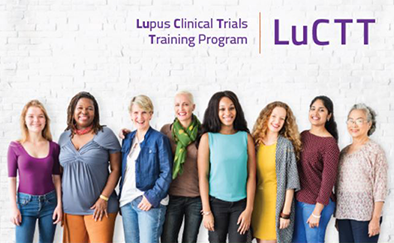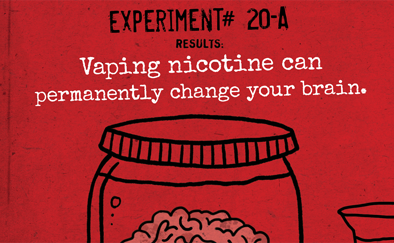KDHRC and the American College of Rheumatology created and evaluated evidence-based regional training summits on lupus clinical trial recruitment support for community health workers.
Challenge
Lupus is a chronic disease that disproportionately affects minorities, including African American and Latino women. Advances in lupus treatment require meaningful results from lupus clinical trials, but minority patients who face disproportional lupus burden remain underrepresented in lupus clinical trials. Indeed, minority participation in lupus clinical trials is essential to reduce lupus health disparities at the individual and systems level. A diverse study population can improve generalization of findings on the efficacy, side effects, and risk of medications, helping patients make better treatment decisions with their provider. However, minority participation in clinical trials remains low, which results in a lack of data on the effectiveness, safety, and side effects of treatment within populations with highest incidence, prevalence, morbidity, and mortality from lupus.
Approach
To support minority involvement in lupus clinical trials, the American College of Rheumatology (ACR) tapped KDHRC to assist with the creation of the Community Health Worker (CHW) Lupus Clinical Trials Training (LuCTT) program, consisting of multiple interconnected components for state, local, and community organizations to host regional CHW training summits on lupus clinical trial recruitment support. Ultimately, the LuCTT toolkits work together in the real world to promote recruitment and enrollment of minority populations affected by lupus into clinical trials.
During this project, KDHRC: (1) adapted and integrated existing evidence-based, theoretically grounded clinical trial and lupus educational materials into a multi-stage, interactive training for CHWs; (2) collaborated with state, local, and community organizations to build partnerships and host regional CHW training summits; (3) evaluated the LuCTT program’s effectiveness; (4) leveraged ACR’s connections with CHW networks and clinical trial sites to disseminate the LuCTT program directly to organizations with CHWs and to interested clinical trial sites; and (5) supported organizations with LuCTT trained CHWs conducting outreach to lupus patients.
Findings
KDHRC supported a two-fold impact evaluation to explore the effectiveness of the LuCTT program components. Separate studies explore the effectiveness of the course to prepare CHWs, and the impact of LuCTT trained outreach on patients. We found significant, positive relationships between participants’ exposure to LuCTT and changes in knowledge about lupus clinical trials, and their intentions to conduct outreach on lupus clinical trials. More than half of the trained CHWs (n=16) reported any type conducted community outreach in the first month after training.
Products
The LuCTT playbook and training course are available on the ACR TLI website and included online learning modules, facilitator’s guide, in-person training materials, and culturally and linguistically appropriate patient education materials educational and distribution toolkits, culturally and linguistically appropriate patient materials were developed.





